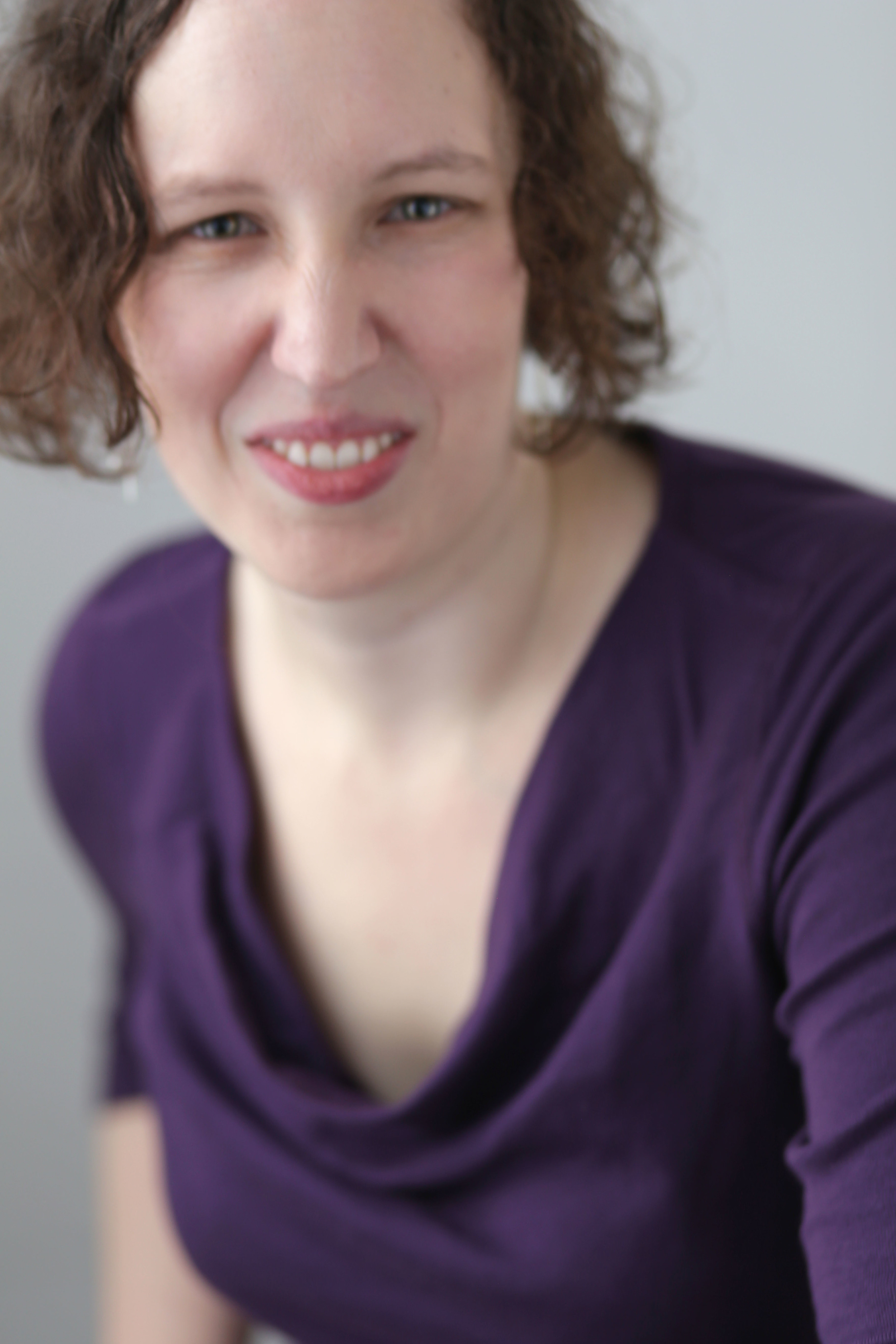“Caring for myself is not self-indulgence. It is self-preservation, and that is an act of political warfare.”
We all have our own ways of creating resistance when those in political leadership act only in self-service and hurt the people they’re supposed to be serving. Some of us march in protests. Some of us get trained in emergency medicine or law or get physically strong for when those protests go awry. Some of us create art or music or dance. Some of us speak or write to inspire and promote movements. Some of us collect the news into digestible bits to share with others who can’t handle the onslaught of information. Some of us continue steadily doing the everyday work of keeping our local communities fed, educated, and healthy.
But some of us get stuck or burnt out or lost. When our nervous system is constantly flooded, we dissociate and can’t resist, which is exactly what the first two weeks of this new administration have been about. As in the beautiful Audre Lorde quote above, the heart of preventing dissociation is taking care of ourselves, and to take care of ourselves we need to learn how to be present and do it more often.
On January 19th, I ran a pre-inauguration day grounding workshop and opened it with this quote from Andrea Gibson’s Post-Election Letter to a Friend that so echoed my own thoughts:
“I keep asking myself, ‘What is my job in this moment? What do I specifically have to offer?’ It’s empowering to ask those questions because no one’s job will be the same. There were many years of my life that I did not feel I was actively participating in change unless I was in the streets protesting. As my health worsened, I knew that wasn’t where I would be of most service. Creatively explore where you might be most useful. Throw a What’s My Job party and explore the question with your community. Friends may reflect a specific talent or gift they see in you that you haven’t yet recognized.
My friend Oak, (great name, I know) used to say, ‘If we can’t imagine it, we can’t create it.’ Right now I’m putting active energy into imagining what’s possible. What does a compassionate world look like? What would it feel like to wake up every morning to a planet fueled by community and not capitalism?
When I’m glued to my phone doom-scrolling the news, it’s almost impossible for me to creatively imagine, but anytime I’ve got my feet in the grass I open in a new way. Even in a city, you can notice the way your body changes with the seasons. You can mirror the earth’s steady and persistent pace. Save the seeds of an apple. Grow veggies in plant pots in the windowsill of your apartment. Feed a stranger. Drive a neighbor through the sunshine to a doctor’s appointment in another state. Never forget how alone we are not. The moss, the mountains, the redwood tree, the marigold, the mourning dove calling for her love’s return—are our allies. Every natural thing in this world is invested in the peace of this world. All that is good and gracious whispers, ‘We are with you.’”
When I asked myself “What is my job in this moment?”, the answer was clearly to continue doing the work I’ve already been doing. Among the many aspects of my work, I get to help people learn how to be present with themselves and the world around them, and presence is a powerful force that fosters kindness, curiosity, creativity, and community, which all fuel resistance. I’m honored to serve this role and create a safe microcosm for my clients.
Of course, to keep doing this work holding space for peoples’ processes and pain and not hit burnout, I need to take care of myself as well. Today I had the pleasure of attending a continuing education workshop led by Laura van Dernoot Lipsky of The Trauma Stewardship Institute on ways to keep ourselves well-resourced while doing work that exposes us to “vicarious” traumas or large stressors via our clients, doing caretaking for a loved one, or just getting through life in a complicated and scary world. I highly recommend Laura’s books, Trauma Stewardship and Age of Overwhelm. They’re full of approachable, concrete suggestions and New Yorker cartoons to break up the heavy topics. Both are available at the library, and if you want to own a copy but can’t afford one, just email her and she’ll figure it out. There are also wonderful free resources on her website, such as the Tiny Survival Guide:
My personal homework from today is to practice not looking at my phone first thing every morning, and to find the next novel I’m excited to read on my lunch breaks instead of scrolling social media. I’ll leave you with the same quote Laura ended her workshop with.
“Don’t ask yourself what the world needs; ask yourself what makes you come alive, and then go and do that. Because what the world needs is people who have come alive.”

